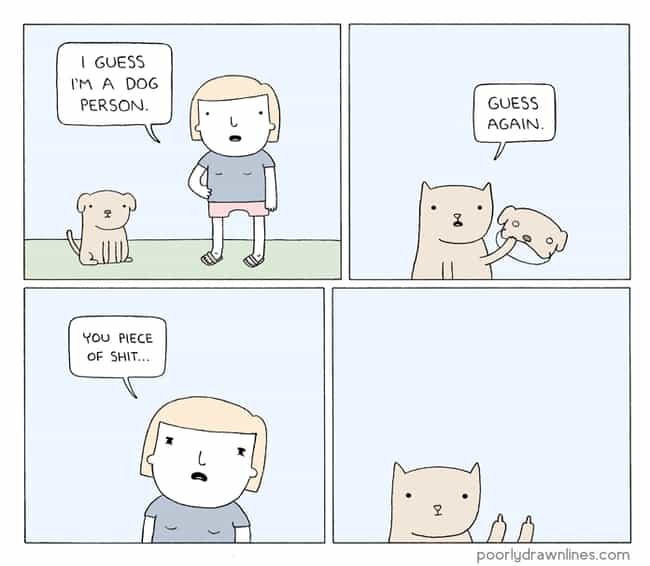The Woman in the Window
By: A.J. Finn
Anna Fox lives alone—a recluse in her New York City home, unable to
venture outside. She spends her day drinking wine (maybe too much),
watching old movies, recalling happier times . . . and spying on her
neighbors.
Then the Russells move into the house across the way: a
father, a mother, their teenage son. The perfect family. But when Anna,
gazing out her window one night, sees something she shouldn’t, her
world begins to crumble—and its shocking secrets are laid bare.
What
is real? What is imagined? Who is in danger? Who is in control? In this
diabolically gripping thriller, no one—and nothing—is what it seems.
I alluded to this slightly in my last review, but it bears repeating: any mystery in which I can guess most of the major plot points well in advance of the reveals is just not that good. I mean, I'm definitely not proud of this, but I am like,
consistently terrible about figuring out whodunit.
I was also semi-primed I suppose by having read
Eleanor Oliphant is Completely Fine which revolves around [SPOILER] the reveal that Eleanor's mother, with whom Eleanor has weekly conversations, is actually dead, not in jail, but it seemed very obvious very quickly that actual conversations with your separated husband and child just don't go like that. It was also perfectly clear to me that Grandma Lizzie was suspicious and that Ethan was no good, particularly (in the last case) after Dr. Fox basically accused everyone, and it came out that she was an overly medicated drunk with PTSD, and yet Ethan, a high school aged boy, still wanted to hang out with her. Yeah, right, I'm sure that's what all the cool kids are up to, checking on their looney tunes neighbors and crying gently into their shoulders. I'm not sure why Grandma Lizzie pinged my radar, maybe I just have a natural suspicion and hatred of supposedly motherly elderly women. She just set my back up right away, and honestly, I don't know if it was intentional on Finn's part, which is probably a bad sign.
I originally had this on my list (along with
White Fang) and that article about how nuts A.J. Finn is came out in the New Yorker, and I was
kinda leaning away from it, because a psuedo-Mr. Ripley is not someone I really want to get behind, but then I figured I would rather read this than
White Fang. Joke's on me!
So, the good parts: it did have some good action, although I ended up skimming a bit. Here's the thing, I don't know if I can even be impartial, because when you know how it ends, and the author's just like, circling endlessly, you start to lose interest, because there's no tension there. You have a limp rope. So the whole time the Dr. is telling Grandma Lizzie what happened that fateful night, I was like, "Get to the
point!" She unspools it over like, two or three chapters. And the beats in the story are so well-trod, I was like, yes, we've reached the point where no one believes her, but then she's going to find an incontrovertible piece of evidence and somehow wind up in a one-on-one confrontation with the killer.
The only part I needed explained was who Jane Russell actually was, and why she would pretend to be Jane Russell. Which, sure, okay, a long lost natural mother who just wants to be part of the
family, but like, if she was doing so well and was off the drugs, did she like, forget to tell friends she was planning to stake out her son's house for awhile? No one reported her missing?
Haha, I was wondering why the German version on Amazon was rated so much lower than the English language version, and apparently it is because people don't understand that a book advertised as "The Woman in the Window - Was hat sie wirklich gesehen?" may not be 100% in English. Don't lower the rating just because you don't know German when you see it, ma'am.
Woman is basically
Rear Window without Jimmy Stewart, Alfred Hitchcock, and Grace Kelly, which is to say,
Rear Window without the parts that made it great. And while
Rear Window has all the non-murdery neighborhood drama to dip into every so often,
Woman basically focuses 100% of its attention next door. It is so dangerous to ape a classic, and in this case, all the comparisons do
Woman no favors: it's definitely second rate.
01: A Book Becoming A Movie In 2019 (See Black Future Month for explanation)

